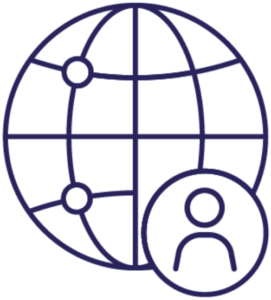Select Language |
‘Awareness’ of cultural differences is often not enough.
People also need specific ‘knowledge’.
It is simply not enough to realise that you need to be adaptive when working with contacts in other countries; you also need to know how to adapt – and this is where country-specific cultural awareness training becomes essential.
Over the past 20 years, we have run hundreds of country-specific training programmes for corporate clients all over the world which all have one central aim – to help people interact more effectively with the target country and therefore improve business outcomes. We achieve this aim by ensuring that all of our country-specific training programmes are intensely practical and structured to cover the areas of critical importance for each client.
This is just a snapshot of the country-specific training work we deliver for our global client base and we would really like to discuss any other country-specific requirements you might have.
In addition to the live training we deliver either in-person or thorough webinars, we also have a suite of country-specific digital learning courses which form part of our comprehensive online learning hub, Global Business Culture.
Learn from the World’s leading specialists of country-specific and cultural awareness training.

We truly understand the repercussions of the inability to fully understand the cultural expectations of clients in another country. It will make it much more difficult to service that client as effectively as possible, inevitably leading to a fall in sales, impacting profitability. We’re passionate about improving processes within the company to maximise return.

We operate in multiple geographies and our full-time consultants are specialists in key countries and areas where you operate. With years of international experience, out team can help you not only with cultural issues but with any commercial challenges, too.

Global Business Culture works with your company to create a truly bespoke approach to a training program. We want to understand exactly what your challenges are so we can deliver the right material for you, your team, and your clients.

We have helped clients cascade learning at scale through our digital learning expertise. Global Business Culture can present you with ‘off-the-shelf’ digital learning solutions as well as customised elearning programs tailored to the specific needs of your organisation.




At Global Business Culture we strongly believe that improving levels of cultural fluency within the employee base can help boost efficiencies at any organisation which works cross-border.

If I ask you what is common between Nokia and Kodak, you will probably say that they were once the biggest and the best in mobile phones or photography. Sadly, there is another fact they share. They both fell victim to the same prey; their dysfunctional company cultures.

Considering that India has a population of around 1.41 billion people and Brazil has a population of 216 million, it is easy to understand the huge potential trade opportunity between the two countries
Learn from the World’s leading specialists of country-specific and cultural awareness training.
© Copyright 2025 Global Business Culture. All rights reserved | Legal Notices